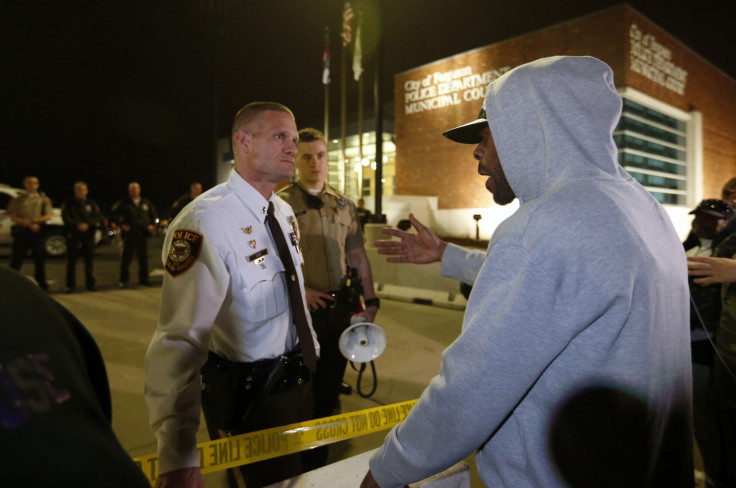Most Prosecutors Are White Men, Lack Of Diversity A Concern After Police Shootings Of Blacks

A new study found that 66 percent of states that elect prosecutors do not have blacks in those offices, the New York Times reported. The study found that in 2014, 95 percent of the 2,437 elected state and local prosecutors in the U.S. were white.
The study, which was compiled and analyzed by the Center for Technology and Civic Life and was expected to be released on Tuesday by the Women Donors Network, also found that 79 percent of the elected prosecutors were white men, despite the fact that white men constitute only 31 percent of the U.S. population.
“What this shows us is that, in the context of a growing crisis that we all recognize in criminal justice in this country, we have a system where incredible power and discretion is concentrated in the hands of one demographic group,” said Brenda Choresi Carter of the Women Donors Network, who led the study, according to the New York Times.
The study also found that white women made up 16 percent of elected prosecutors, 4 percent were minority men and only 1 percent were minority women. States with only white elected prosecutors included Colorado, Connecticut, Delaware, Idaho, Maine, Montana, Nebraska, New Jersey, Oregon, Rhode Island, South Dakota, Tennessee, Vermont, Washington and Wyoming.
Imbalances in the criminal justice system has been a national topic of concern this past year after two incidents last summer when a policeman fatally shot an unarmed black man in Ferguson, Missouri, and another black man was killed while in police custody in New York. In both cases, the officers were not indicted, sparking protests and raising concern over the lack of diversity among prosecutors, who are the ones who decide whether to bring charges in most criminal cases.
“I think most people know that we’ve had a significant problem with lack of diversity in decision-making roles in the criminal justice system for a long time,” said Bryan A. Stevenson, founder of the Equal Justice Initiative, a group that offers legal representation for poor defendants and prisoners, the New York Times reported. “I think what these numbers dramatize is that the reality is much worse than most people imagine and that we are making almost no progress.”
© Copyright IBTimes 2024. All rights reserved.












